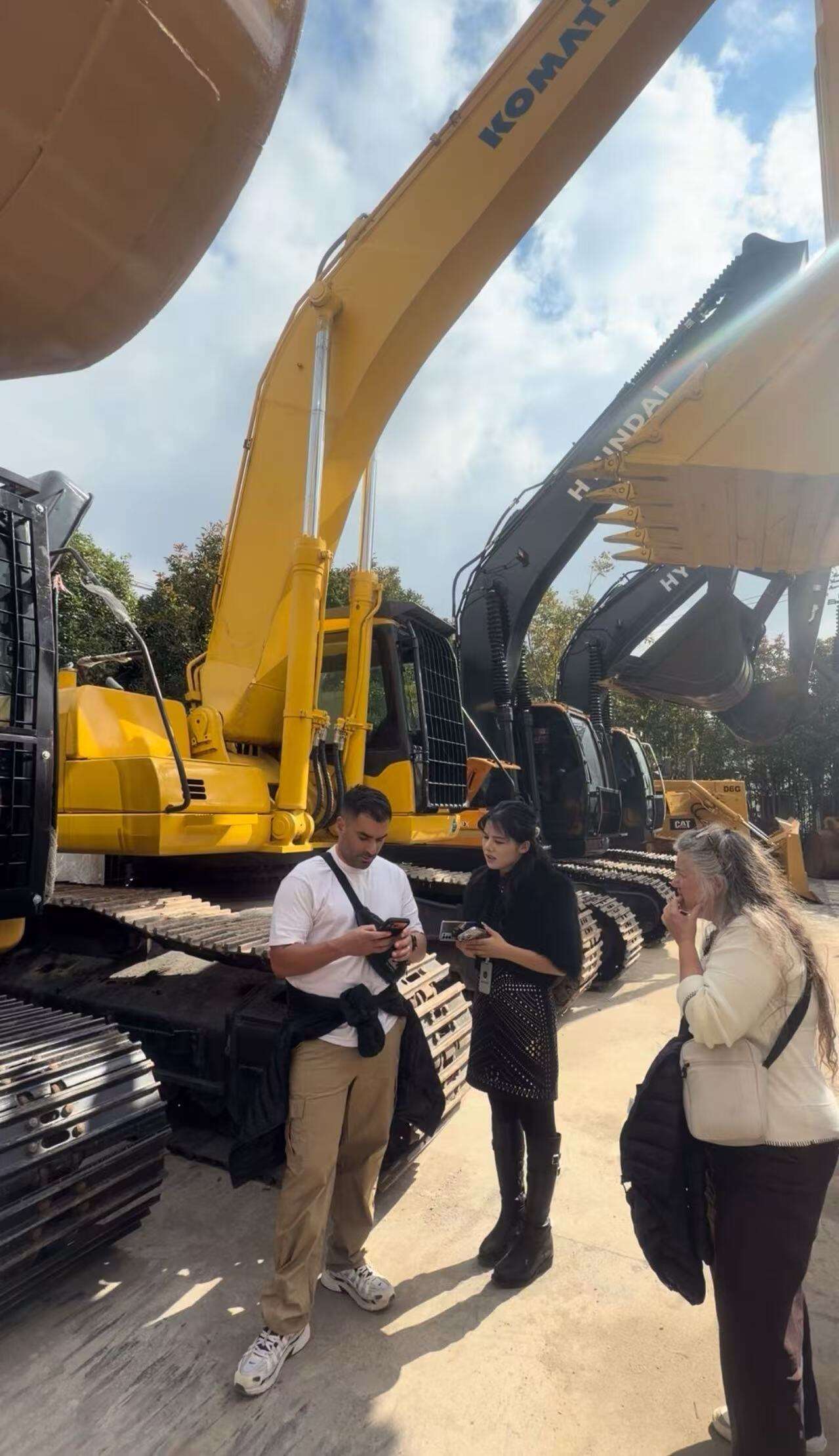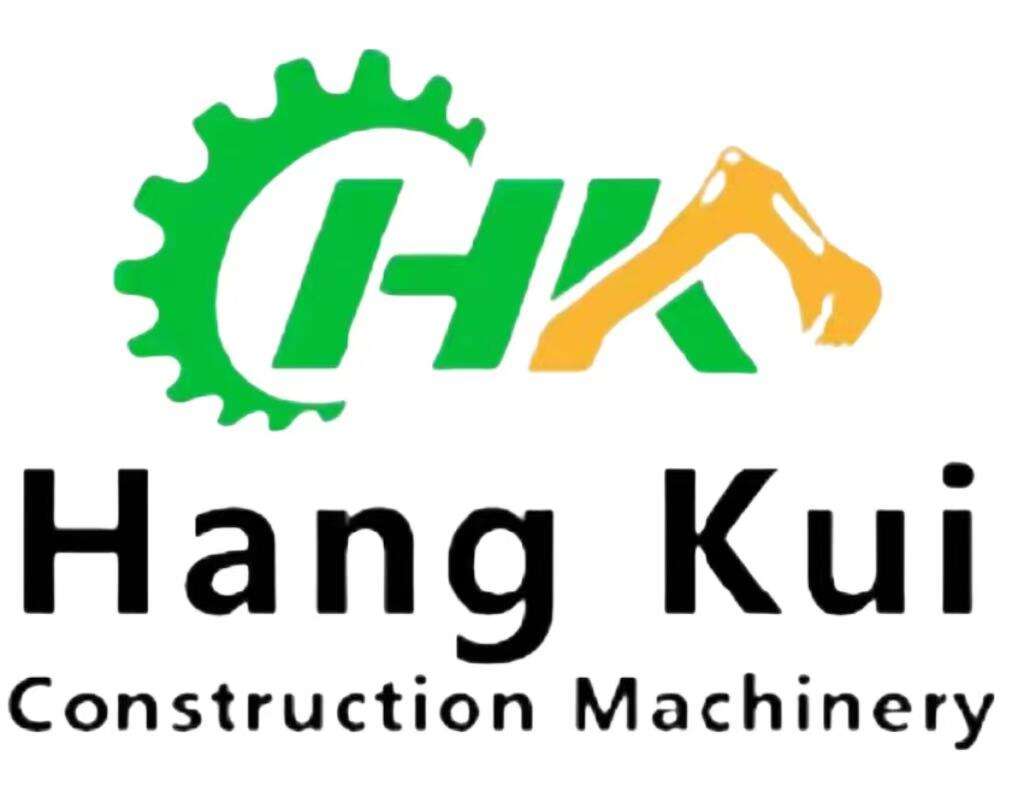The Complete Guide to Importing Used Excavators from China: Avoid Risks and Get the Best Value!
The omplete Guide to Importing Used Excavators from China: Avoid Risks and Get the Best Value!
- Updated: 7 Nov, 2025
Introduction: Why Choose to Import Used Excavators from China?
China has become a global hub for the trade of used excavators, offering competitive prices and a wide range of equipment. Whether you’re a contractor, dealer, or small business owner, importing second-hand excavators from China can be a cost-effective solution. However, there are risks and challenges involved. This guide will help you navigate the process, avoid pitfalls, and make the most out of your investment.
1. Risks Associated with Importing Used Excavators
When importing used excavators, buyers commonly encounter the following challenges:
- Hidden Machine Issues: Problems with the engine, hydraulic system, or tracks that aren’t immediately visible.
- Supplier Reliability: Not all Chinese suppliers are trustworthy; some may provide low-quality equipment or exaggerate specifications.
- Complex Shipping and Customs Processes: Potential damage during transit, missing paperwork, or unexpected fees.
To minimize these risks, it’s crucial to conduct due diligence on both the equipment and the Chinese excavator suppliers.
2. How to Inspect the Condition of a Used Excavator
Thorough inspection is essential when buying used excavators. Follow these tips to ensure you’re getting a good deal:
- Engine and Hydraulic System: Check for smooth operation, unusual noises, and potential oil leaks.
- Machine Wear and Tear: Inspect key components like tracks, booms, and buckets for excessive wear.
- Utilize Third-Party Inspection Services: Hiring a professional to perform a detailed evaluation can save you from costly surprises later.
Using reliable excavator inspection tips ensures the machine meets your expectations and project requirements.
3. Negotiating with Chinese Suppliers
Negotiation plays a crucial role when working with Chinese excavator suppliers. Here are some practical strategies:
- Research Supplier Credibility: Use platforms like Alibaba or global trade expos to find reputable suppliers with positive reviews.
- Clarify Total Costs: Ensure you understand the full price, including shipping, insurance, and customs fees.
- Negotiate After-Sales Support: Request guarantees for machine quality or agreements for returns and repairs if issues arise.
Strong negotiation skills and thorough market research will help you secure a better deal on your used excavator import.
4. Managing International Shipping and Customs
Shipping and customs clearance are critical steps in the importing process. Consider the following:
- Choose Reliable Logistics Providers: Work with companies experienced in China heavy equipment import to prevent transit damage or delays.
- Prepare Necessary Documentation: Ensure accuracy in invoices, packing lists, and certificates of origin.
- Understand Destination Country Fees: Avoid unexpected charges by researching tariffs and taxes in advance.
Efficient planning and a trustworthy logistics partner can streamline the process of importing construction machinery.
5. Success Stories and FAQs
Case Study:
A buyer from South America successfully imported a second-hand excavator at 60% of its market value. By partnering with a verified supplier, hiring a third-party inspection company, and working with an experienced logistics provider, they avoided hidden costs and machine defects.
Frequently Asked Questions:
-
How can I find reliable suppliers?
Look for suppliers with certifications, positive reviews, and transparent business practices. -
What should I do if the machine has defects?
Secure a contract with clear terms for returns, repairs, or refunds.
6. Final Tips for Importing Used Excavators from China
To successfully import used excavators, follow these key steps:
- Assess potential risks and benefits before proceeding.
- Work only with reputable Chinese suppliers.
- Conduct detailed quality checks and inspections.
- Partner with professionals for shipping, customs, and inspections.
By following these guidelines, you can minimize risks and maximize the value of your excavator import project.





 EN
EN








































 ONLINE
ONLINE